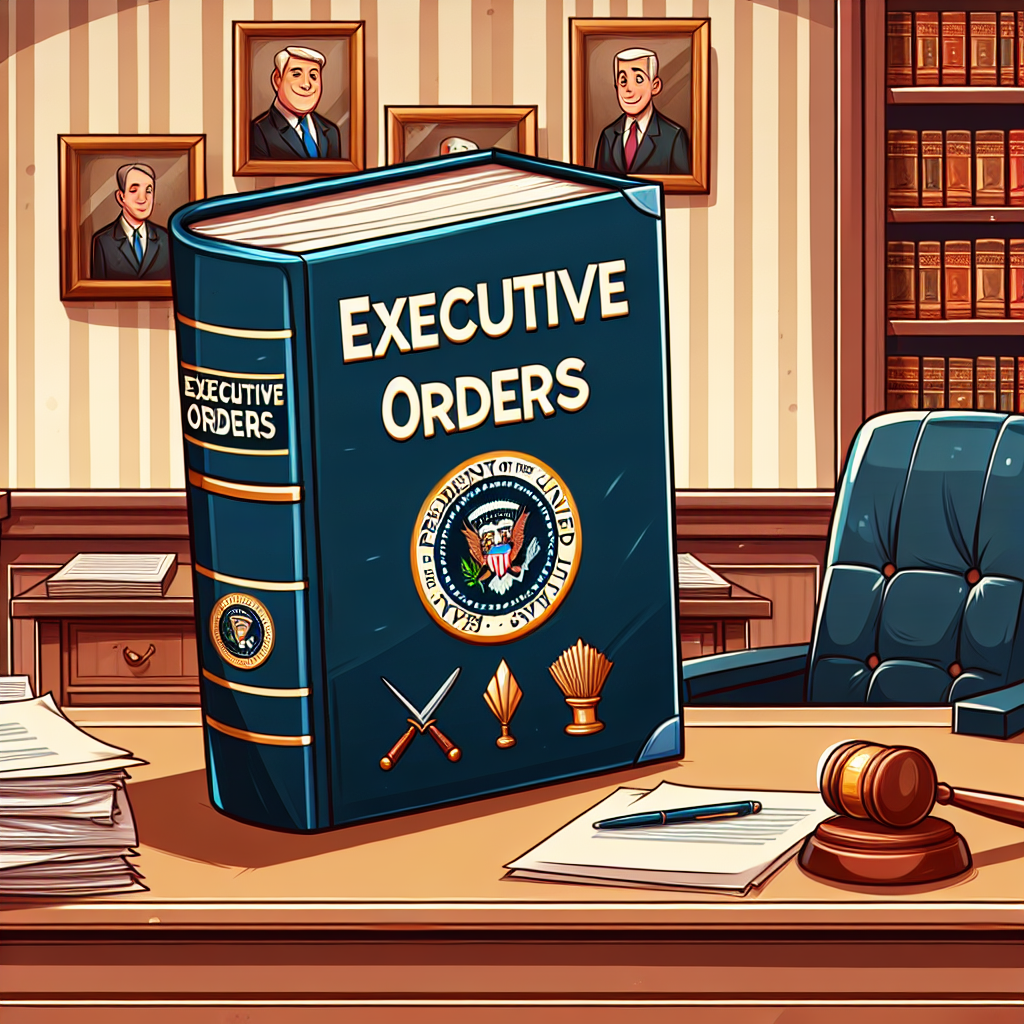Trump's Sweeping Election Overhaul: New Rules, Old Controversies
President Donald Trump's recent executive order aims to introduce significant changes to the election processes in the US. The order proposes new requirements for voter registration, strict mail-in ballot deadlines, and restrictions on non-citizen contributions. Amid potential legal battles, questions about its constitutional viability arise.

- Country:
- United States
In a bold move, President Donald Trump has issued an executive order that seeks to fundamentally alter the landscape of electoral processes across the United States. The far-reaching directive aims to enforce stricter requirements for voter registration, ensuring that only US citizens can register for federal elections by mandating documentary proof of citizenship.
The order also targets mail-in ballot collection procedures, stipulating that ballots must be received by Election Day to be counted. This new rule could particularly affect states like California, where extended tabulation periods are commonplace due to the state's commitment to comprehensive counting practices.
Furthermore, the executive order plans to prohibit foreign nationals from making financial contributions to US elections, mounting a direct challenge to influential international donors. As legal scrutiny of the directive looms, questions persist regarding its alignment with the Constitution, which traditionally allows states to control their election-related standards.
(With inputs from agencies.)










